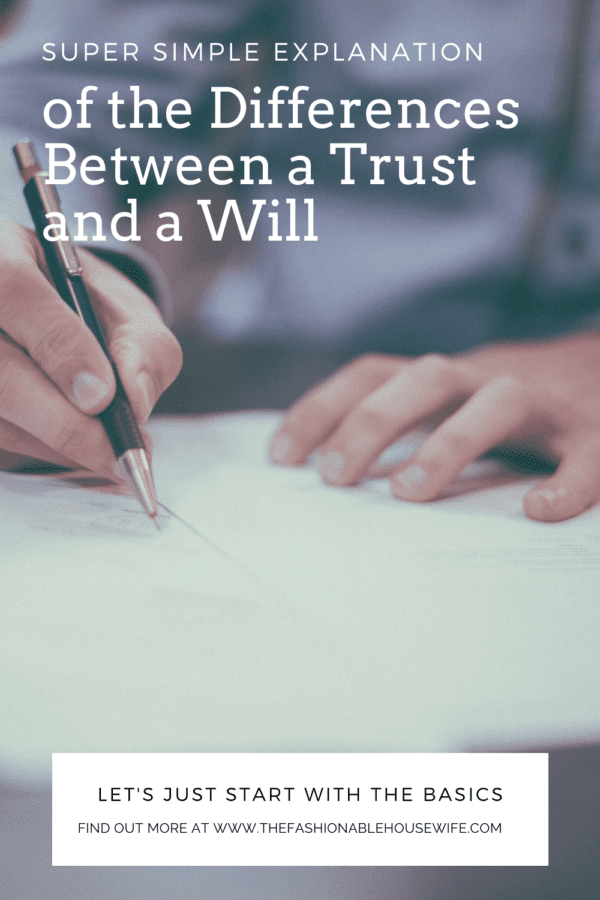
When it comes to the end of life proceeds, it’s a hard time for everyone involved. Of course, at the heart of it all, you’ve gone through an emotional time and lost someone you care about, but this can get so much more when you think of all the legal and financial proceedings that follow. Sometimes, it all becomes a bit of a blur and you don’t know what’s going on.
One of these occurrences you may come across is trying to figure out the difference between a trust and a will, but to avoid any confusion and to make things easy for you, today we’re going to explain the differences while detailing everything you need to know.
What is a Trust?
In layman’s terms, a trust is a financial relationship where you would be passing on your assets, but you’re putting the authority into a third party. For example, you’ve probably heard of celebrities and wealthy people having their own trusts, like the Bill and Melinda Gates Trus, or the Prince’s Trust in the UK.
These are charity trusts, so Bill and Melinda put their finances into the trust and then the third party takes care of the rest. On a personal level, you may set up a trust fund for your children, but since the authority is in the third party, they won’t have access to it. The only access they can have is via the terms and conditions you set up and give to the third party.
For example, you might want your children to have your money, but you don’t want them to spend it all at once. You set up a trust to say that you can have X amount of money when they are 21 but only so they can take their driving lessons and get a car.
However, there are many different types of trust, so there are several variables you’ll need to be thinking about.
What is a Will?
As stated by lawmanaging, a will, whose official name is a ‘testamentary will’, is an official document that you create with legal assistance that dictates exactly how you want your estate, finances, and assets handled after you pass away. Your document will include directives on anything you want, such as how you want your funeral to be handled, any charitable donations you want to make, and what happens to your belongings and who gets them.
This is a legal proceeding document, which means it can be enforced in court, but it can also be contested. All proceeds that are left in a will become public record because of this fact, and items left out, or holding uncertainty can be contested.
However, wills are important. If you don’t have one, all your belongings become part of the State who will then decide where your assets will go, which can seriously harm the wellbeing of your family and loved ones if unprepared.
Summary
As you can see, there are some clear differences between a trust and a will, and which one you get is completely up to you. If you need help deciding, then it’s well worth seeking legal assistance who will be able to advise you on your individual situation. This is especially important since there can be so many variables when you’re just trying to look out for your family!



